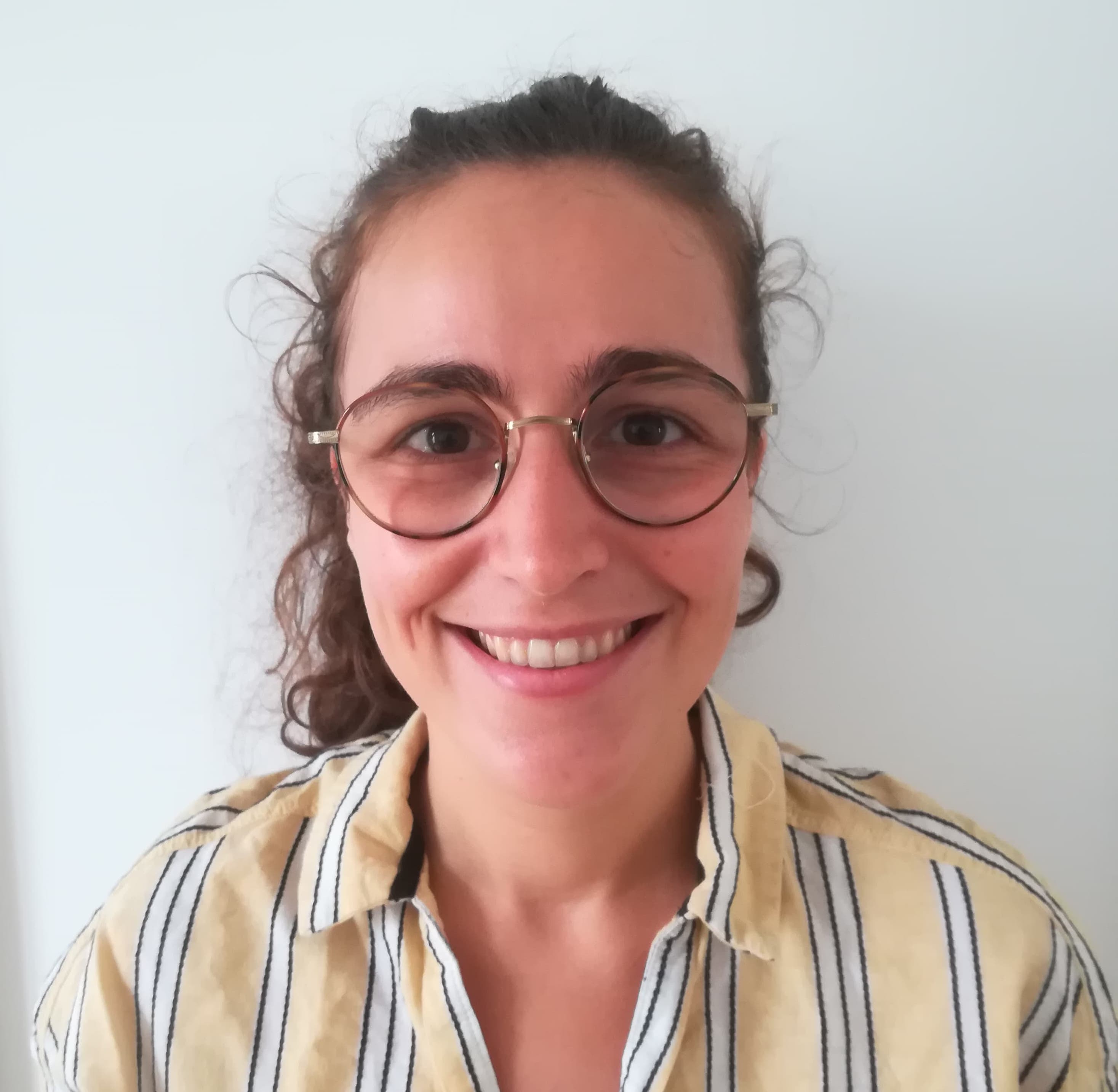I am currently head of research at Califrais. Our goal is to optimize large-scale food flows, in order to contribute to the decarbonization of the food supply chain. Our research is at the intersection of machine learning, logistics optimization, and ecology, with topics such as demand forecasting, inventory optimization, routing problems… To learn more, check out our papers here.
If you want to get in touch, you can contact me at adeline.fermanian@califrais.fr
We are recruiting!
-
PhD in Machine learning and Statistics : ``Machine learning based hybrid strategies for combinatorial optimization’‘, in collaboration between LPSM (Sorbonne Université) and Califrais, co-supervised by Maxime Sangnier and myself. Full offer here.
-
M2 internship in Operational Research
-
``Coordination des décisions d’approvisionnement, de stockage et de distribution pour la chaîne logistique du marché de Rungis’’ in collaboration between CEDRIC LIPN and Califrais, co-supervised by Pierre Fouilhoux, Safia Kedad-Sidhoum and myself. Full offer here.
-
``Intégrer les aspects écologiques dans la distribution de denrées alimentaires depuis Rungis’‘, in collaboration between LIPN and Califrais, co-supervised by Roberto Wolfler Calvo and myself. Full offer here.
-
Short bio
I have joined the research team of Califrais in April 2023.
Before that, I was a postdoctoral researcher at the Center for Computational Biology (CBIO), Mines ParisTech, between November 2021 and November 2022, under the supervision of Chloé-Agathe Azencott, and funded by the PRAIRIE institute.
Previously, I was a Ph.D. student in Statistics at the LPSM, Sorbonne Université, under the supervision of Gérard Biau and Benoît Cadre.
You can find my complete CV here: Curriculum Vitae,
Research interests
Currently, I am very interested in topics at the intersection of optimization and machine learning, with industrial applications in mind, the general question being how to account for uncertainty in an optimization framework. My other interests include time series and deep learning theory. The topic of my PhD thesis was the application of signatures, a tool from stochastic analysis that allows to extract information from time series, to statistics and machine learning. This topic has been developed in two directions: on the one hand, the design of new algorithms using signatures as features, and on the other hand, the use of signature theory to study existing deep learning algorithms, such as RNN, via the recent notion of neural ordinary differential equations. See the DataSig website for more information on applications of signatures in machine learning.
